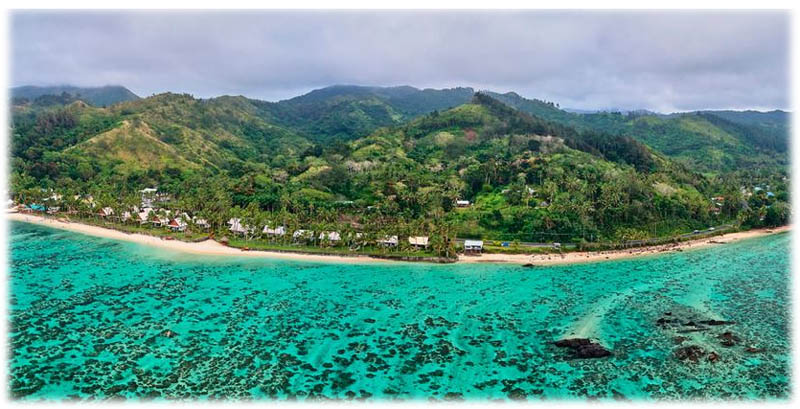 World Oceans Day
World Oceans Day
World Oceans Day underscores need to protect ‘the foundation of life’
New York: Over a third of global fish stocks are being harvested at unsustainable levels – just one example of how human activity is harming oceans, which cover more than 70 per cent of the Earth’s surface.
UN Secretary-General António Guterres has called for greater action to protect oceans in his message to mark World Oceans Day on Thursday.
“The ocean is the foundation of life. It supplies the air we breathe and food we eat. It regulates our climate and weather. The ocean is our planet’s greatest reservoir of biodiversity,” he said.
‘Worst enemy’
Besides these benefits, the ocean also produces resources that sustain communities, prosperity and health. Worldwide, more than a billion people alone rely on fish as their main source of protein.
“We should be the ocean’s best friend. But right now, humanity is its worst enemy,” he said, pointing to the evidence.
The UN chief said human-induced climate change is heating the planet, disrupting weather patterns and ocean currents, and altering marine ecosystems and the species living there.
Marine biodiversity is also under attack from overfishing, over-exploitation and ocean acidification, fish stocks are being depleted, and coastal waters have been polluted with chemicals, plastics and human wastes.
Tides are turning
“But this year’s World Oceans Day reminds us that the tides are changing,” he said.
Mr. Guterres recalled that last December, countries adopted an ambitious global target to conserve and manage 30 per cent of land, and marine and coastal areas, by the end of the decade.
The past year also saw a landmark agreement on fisheries subsidies, and the UN Ocean Conference in Lisbon, Portugal, where the world agreed to push for more positive action.
Realize the promise
Negotiations for a global, legally binding treaty to end plastic pollutions are currently underway, and in March, countries agreed the historic High Seas Treaty on the conservation and sustainable use of marine biodiversity in areas beyond national jurisdiction.
“Realizing the great promise of these initiatives requires collective commitment,” Mr. Guterres said.
“This World Oceans Day let’s keep pushing for action. Today and every day, let’s put the ocean first.”
Crucial to food security: FAO
There is not a single global problem today, be it climate change, food security or poverty, that can be solved without considering the ocean as part of the solution.
That’s the message from the UN’s Food and Agriculture Organization (FAO), ahead of World Oceans Day on Thursday.
The ocean is already the main source of protein for more than a billion people around the world and offers many opportunities to help feed the growing global population.
Manuel Barange, FAO’s Director of Fisheries and Aquaculture Policy and Resources, highlighted the rapid development of aquaculture - the farming of fish and aquatic plants:
“Aquaculture has been the fastest growing food production system for the last five decades, from virtually zero three or four decades ago, to now virtually the same production as capture fisheries”, he said.
“We expect aquaculture to grow by about 25 per cent between now and the end of this decade.”
FAO has spearheaded a Blue Transformation Initiative which promotes aquatic foods as part of the solution to hunger and malnutrition.
It aims to ensure that fisheries are managed effectively and sustainably, and that the value chain of aquatic foods is transparent to the consumer.
The agency says that about 600 million people depend on fisheries and aquaculture for their livelihoods.
Support Our Journalism
We cannot do without you.. your contribution supports unbiased journalism
IBNS is not driven by any ism- not wokeism, not racism, not skewed secularism, not hyper right-wing or left liberal ideals, nor by any hardline religious beliefs or hyper nationalism. We want to serve you good old objective news, as they are. We do not judge or preach. We let people decide for themselves. We only try to present factual and well-sourced news.







